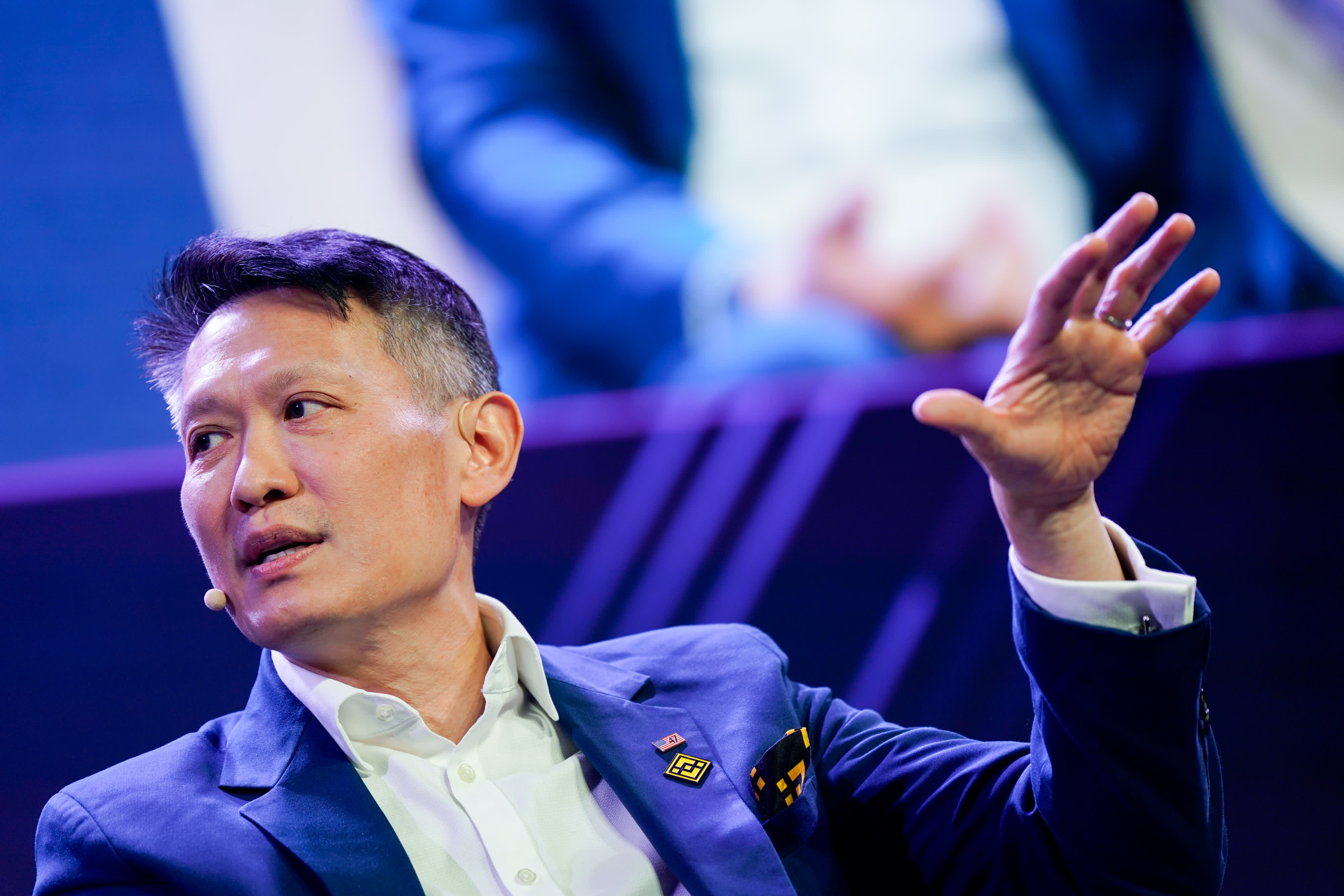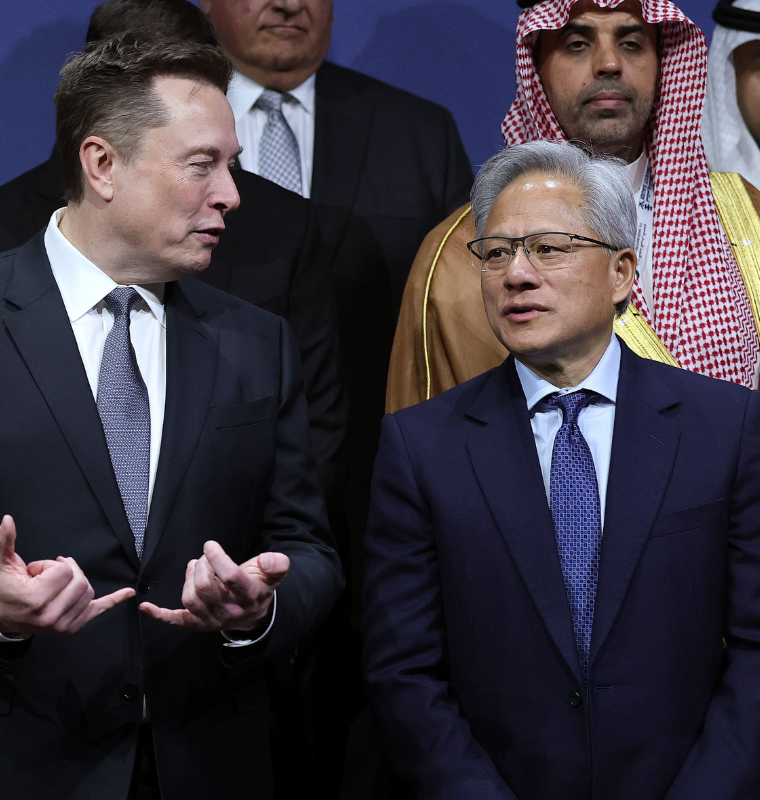Binance’s CEO Rejects Allegations That Trading Platform Boosted Trump‑Linked Stablecoin Prior to CZ Pardon
Binance’s CEO Rejects Allegations That Trading Platform Boosted Trump‑Linked Stablecoin Prior to CZ Pardon
By
David Goldfarb
Last updated:
November 4, 2025
First Published:
November 4, 2025

Richard Teng, chief executive officer of Binance, during the DC Blockchain Summit in Washington, DC, U.S., on Wednesday, March 26, 2025. | Bloomberg | Bloomberg | Getty Images
Binance CEO Richard Teng has firmly rejected claims that the world’s largest cryptocurrency exchange promoted USD1, a stablecoin issued by the Trump-linked firm World Liberty Financial, just before former Binance CEO Changpeng “CZ” Zhao received a presidential pardon.
The stablecoin gained attention after Abu Dhabi’s state-owned investment firm MGX used USD1 to settle a $2 billion investment in Binance. Critics have suggested that this high-profile transaction may have elevated USD1’s credibility and usage, sparking debate over possible links to Zhao’s pardon.
Binance’s Response
Teng made it clear that Binance did not give USD1 any preferential treatment. He explained that:
- The decision to use USD1 in MGX’s $2 billion investment was made solely by MGX.
- USD1 was already listed on other exchanges before appearing on Binance.
- As a global crypto platform, Binance engages with emerging projects routinely, and not all partnerships are designed to boost political outcomes.
According to Teng, Binance’s involvement was standard business practice, aimed at supporting innovation within the crypto ecosystem.
The Deal in Detail
The USD1 transaction involved:
- MGX purchasing $2 billion worth of Binance shares, using the USD1 stablecoin issued by World Liberty Financial.
- The Trump family and affiliated partners hold a significant share of World Liberty Financial’s revenue, as well as the governance token WLFI.
- The deal took place shortly before a key agreement between the United States and the U.A.E., raising questions about timing and influence.
These elements have fueled ongoing discussions about the intersection of politics, cryptocurrency, and foreign investment.
Political and Industry Reactions
CZ’s pardon by former President Donald Trump has intensified scrutiny. Lawmakers and critics have raised concerns about whether Binance and the Trump family’s crypto ventures benefited from political connections.
Opposition voices emphasize the unusual combination of a high-value foreign investment, a Trump-linked stablecoin, and a presidential pardon occurring in close succession. Industry experts are also watching closely, noting that these developments could influence market perceptions and regulatory expectations in the crypto sector.
Implications for Binance and Crypto Markets
The situation carries significant implications for Binance and the broader crypto market:
- Binance aims to maintain its credibility and regulatory compliance while re-establishing itself in key markets.
- USD1’s rapid adoption demonstrates how politically connected crypto ventures can gain traction quickly.
- The case underscores the evolving dynamics between digital assets, foreign investment, and political influence, highlighting risks for both investors and regulators.
Teng emphasized that Binance and the crypto industry are “grateful” for the clarity brought by the pardon and see it as a sign that the U.S. can continue to position itself as a global hub for cryptocurrency innovation.
Popular articles
Subscribe to unlock premium content
How Adults Are Paying to Experience Silent Daylong Festivals for Mindfulness

The Rise of Ultra-Personalized Scent Memory Experiences Using Olfactory Therapy

Why Some Millennials Are Paying for One-Day Luxury Survival Challenges in Nature

How Adults Are Paying to Experience Silent Daylong Festivals for Mindfulness

The Rise of Ultra-Personalized Scent Memory Experiences Using Olfactory Therapy

How Adults Are Paying to Experience Silent Daylong Festivals for Mindfulness







.png)

